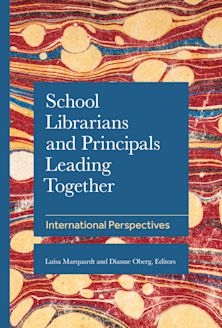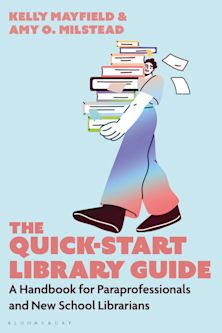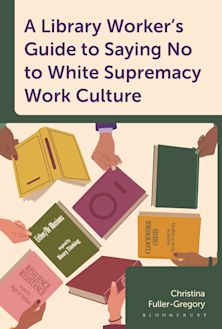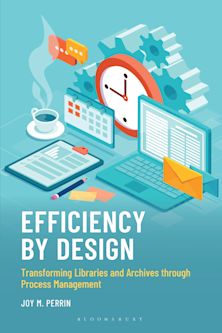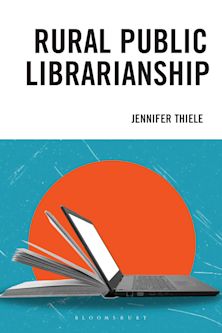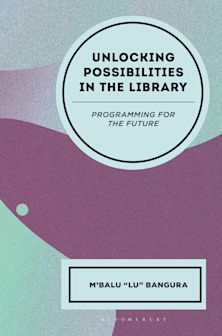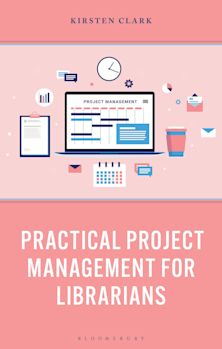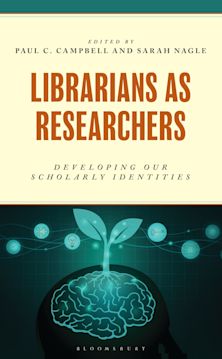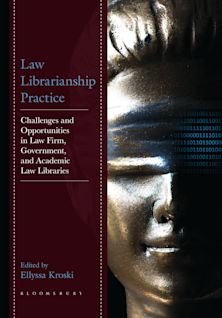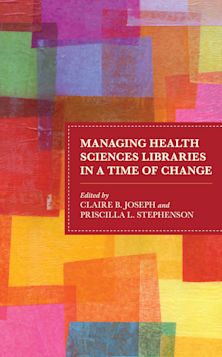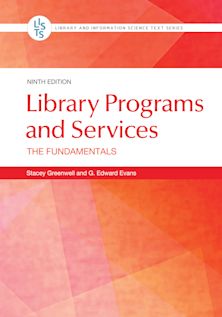Combating Online Health Misinformation
A Professional's Guide to Helping the Public
Combating Online Health Misinformation
A Professional's Guide to Helping the Public
This product is usually dispatched within 3 days
- Delivery and returns info
-
Free US delivery on orders $35 or over
Description
Selected as a 2025 Doody's Core Title
Danger of health misinformation online, long a concern of medical and public health professionals, has come to the forefront of societal concerns during the COVID-19 pandemic. Regardless of their motives, creators and sharers of misinformation promote non-evidence-based health advice and treatment recommendations, and often deny health methods, measures, and approaches that are supported by the best evidence of the time. Unfortunately, many infrastructural, social, and cognitive factors make individuals vulnerable to misinformation.
This book aims to assist information and health professionals and educators with all phases of information provision and support, from understanding users' information needs, to building relationships, to helping users verify and evaluate sources. The book can be used as a textbook in library and information science programs, as well as nursing, communication, journalism, psychology, and informatics programs.
The book, written from the e-health literacy perspective, is unique in its nuanced approach to misinformation. It draws on psychology and information science to explain human susceptibility to misinformation and discusses ways to engage with the public deeply and meaningfully, fostering trust and raising health and information literacy.
It is organized into three parts.
Part I: The Ecology of Online Health Information' overviews the digital health information universe, showing that misinformation is prevalent, dangerous, and difficult to define.
Part II: Susceptibility to Misinformation: Literacies as Safeguards addresses factors and competencies that affect individual vulnerability and resilience.
Part III: Solutions focuses on education and community engagement initiatives that help the public locate and evaluate health information.
Chapters within the three Parts discuss technological innovation and social media as posing novel risks as well as presenting novel solutions to helping the public connect with high quality information and building trusting relationships among the public and information and health professionals.
Table of Contents
Part I: The Ecology of Online Health Information
Chapter 1. Defining Health Misinformation.
Chapter 2. The Ecology of Online Health Information and COVID-19 Misinformation.
Chapter 3. The Health Misinformation Ecosystem on Social Media: Emerging Evidence and Research Gaps.
Chapter 4. Flies in the Ointment: Vaccine-hesitancy and Bad Medical Advice During the Russian COVID-19 Pandemic.
Part II: Susceptibility to Misinformation; Literacies as Safeguards
Chapter 5. Let the Reader and Viewer Beware: Quality Markers for Health Information.
Chapter 6. Preventing Health Number Confusion Through Clear Communication Design.
Chapter 7. The Case of Everyday Science: Science Literacy and Resilience Against Health Misinformation.
Chapter 8. An Examination of the Multiple Dimensions of Public Trust in Science as Health Misinformation Roadblocks.
Chapter 9. Critical Cultural Literacy Education as a Bridge to Improving Health Disparities in BIPOC Communities.
Part III: Practice
Chapter 10. When Medical Practice Meets Medical Myth: Confronting Misinformation in the Clinical Encounter.
Chapter 11. Teaching Young People to Think Critically about Health Claims and Choices.
Chapter 12. Medical Professionals Using Social Media to Combat Misinformation.
Chapter 13. Participation, Empowerment, and Equity: Addressing eHealth Misinformation with Community Engagement in Libraries.
Chapter 14. Addressing Health Misinformation in the Infodemic Era: The Alaska Public Health Information Response Team.
About the Editors
About the Contributors
Product details
| Published | Sep 10 2022 |
|---|---|
| Format | Paperback |
| Edition | 1st |
| Extent | 246 |
| ISBN | 9781538162200 |
| Imprint | Rowman & Littlefield Publishers |
| Illustrations | 18 b/w photos; 10 tables; 1 textbox |
| Dimensions | 10 x 7 inches |
| Series | Medical Library Association Books Series |
| Publisher | Bloomsbury Publishing |
Reviews

ONLINE RESOURCES
Bloomsbury Collections
This book is available on Bloomsbury Collections where your library has access.













